I was recently on panel, with two Chinese natives, comparing our respective countries’ cultures. Here (a bit condensed) is my presentation:
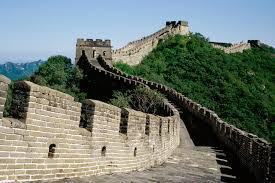
When I got the phone call to do this, I happened to be reading David Brooks’s book, The Road to Character. And I asked myself, would such a book be written in China? Because its approach is very humanistic, a book written for a society of individuals. Then I recalled the phrase “Asian Values” popularized by the late leader of Singapore, Lee Kuan Yew: an attempt to dress up authoritarianism and paternalism as reflecting deep cultural traditions, as an alternative to Western values that emphasize democracy, human rights, the worth of the individual, and so forth.
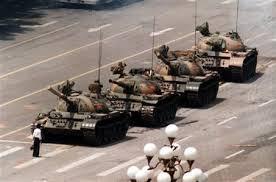
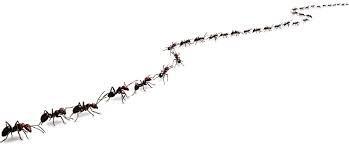
One important element of human rights is the rule of law. President, Xi Jinping talks a lot about this, but it means something different to him than to us. It’s not a restraint on government, it’s a tool for government to restrain citizens. The government and the Communist party (pretty much the same thing) are still above the law.
China does have a constitution, full of worthy platitudes, yet the word “constitutionalism” is seen as a subversive Western idea. People have been jailed simply for voicing the radical concept that the constitution should be obeyed.
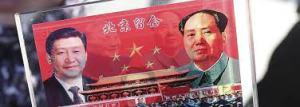
Speaking of control, you probably know about China’s one-child policy, which just became a two-child policy. A long overdue change, but it’s still an unjustifiably cruel, coercive approach. It’s given China a big labor shortage, with not enough working age people to support a growing population of elderly pensioners. And because of a strong cultural preference for male children, people often made sure their one child would be a boy. So males outnumber females, and many of those pampered little princes won’t be able to find princesses to marry. This is a societal time-bomb.
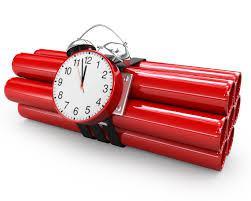
Now, Americans are very patriotic, we love our country. Chinese love theirs, but with a difference. It’s perhaps explainable in light of China’s past history of depredation by other powers. Chinese are highly nationalistic and obsess about their global standing, with a chip on their shoulders. This is seen in China’s aggressive claims to vast ocean regions.
But here’s some good news: since Mao and his mad policies were buried, China has experienced phenomenal economic growth. In 35 years its average income has increased by 3000% — thirty-fold. Some would say this shows authoritarianism works. That would be wrong.
China is really two economies: the communist sector of state-owned businesses, and the private sector, which is in fact the closest thing ever to that mythical beast, “unfettered laissez faire capitalism.” And virtually all of China’s economic growth has come from that sector. The lesson is not that authoritarianism works, it’s that free market capitalism works.
My final point: compared to America, China is a profoundly corrupt society.
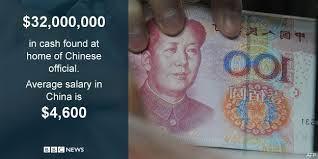
Now, President Xi is crusading against corruption, and some big fish have been caught, like Bo Xilai and Zhou Yongkang. But this is really less a clean-up than a political purge, aimed mainly at tightening Xi’s control. China’s apologists like to point out that Western democracies are not immune to abuses of power, citing Watergate as a prime example. But Nixon fell because of checks and balances within the American political system – notably a strong opposition party and a free press. Bo Xilai and Zhou Yongkang fell to the power of an even bigger fish. And what will constrain that bigger fish’s power?
China’s culture of corruption goes beyond politics. Ironically, for a country that actually invented civil service examinations centuries ago, today it’s based not on what you know but who you know; the greasing of palms and disingenuousness. Yale University had a bad experience trying to set up branches in China. Of course there’s cheating in American schools, but Chinese students took it to a new level. Yale gave up and left. A New York Times essay quoted Chinese author Wang Xiaofang: “The habit of falsehood is fatal to a culture. But to us, falsehood is the essence.”
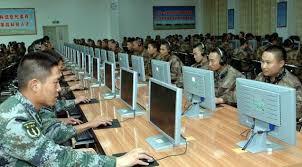
I recognize that, compared to China, American government has become dysfunctional and paralyzed. It’s mainly down to our partisan political polarization. But Francis Fukuyama wrote a book in 1992, titled The End of History, arguing that the classically liberal Western model of democratic government under rule of law, accountable to the governed, is bound to prevail because it satisfies a basic human hunger for personal dignity and self worth. America may be in decline relative to a rising China; but I’d rather live in a declining democracy than in a rising authoritarian state.
